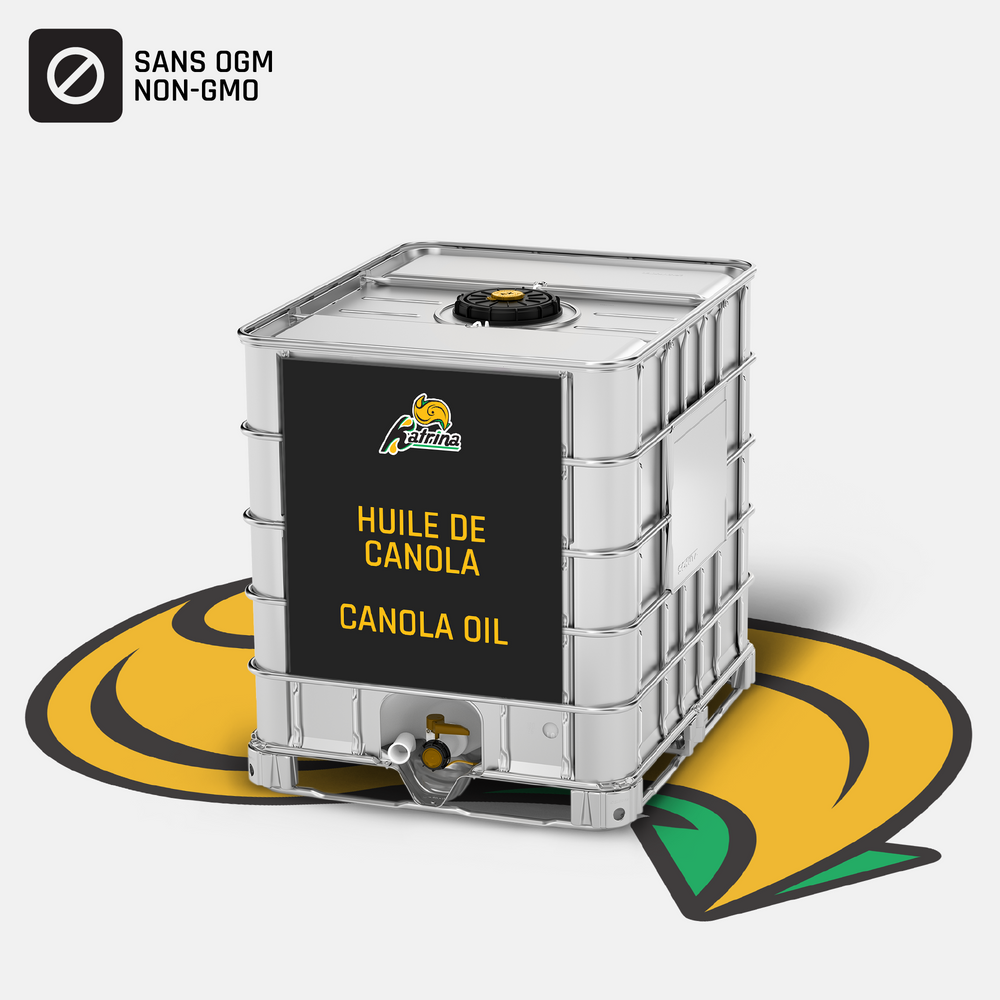The History of Non GMO Food
In a world that's increasingly health-conscious and environmentally aware, the demand for Non-GMO (Genetically Modified Organism) foods has risen steadily. This movement towards natural, unaltered products has touched various sectors of the food industry, including cooking oils. Among these, Non-GMO vegetable oil, particularly non-GMO canola oil, has emerged as a significant player. Let's delve into the history of Non-GMO food and understand how it has shaped the landscape of culinary choices.
The Roots of Non GMO Food Movement
The Non-GMO movement is rooted in the desire for more transparency in food production and a commitment to offering consumers choices that align with their health preferences. This movement gained momentum in the 1990s when concerns about the potential health and environmental impacts of genetically modified organisms started to surface.
Non GMO Canola Oil: A Natural Evolution
Canola oil, derived from the seeds of the canola plant, initially became popular for its relatively low saturated fat content and versatility in cooking. As the Non-GMO movement gained traction, producers recognized the demand for canola oil that retained its natural state, free from genetic modifications.
The Rise of Non GMO Certification
To meet the growing demand for Non-GMO options, various organizations introduced certification programs that label products as Non-GMO verified. These certifications involve rigorous testing and verification processes to ensure that the products adhere to strict Non-GMO standards.
The Non GMO Vegetable Oil Advantage
Non-GMO vegetable oils, including non-GMO canola oil, offer several advantages for health-conscious consumers and the food industry alike:
Natural Purity
Non-GMO vegetable oils are produced from seeds that have not been genetically modified. This natural purity resonates with consumers seeking minimally processed foods.
Health Considerations
Many consumers are concerned about the potential health effects of consuming genetically modified ingredients. Non-GMO vegetable oils address this concern by offering a wholesome alternative.
Flavour and Quality
Non-GMO canola oil, in particular, is prized for its neutral flavour profile, making it suitable for a wide range of dishes. Its natural production process often results in oils with cleaner and more authentic flavours.
Environmental Stewardship
Opting for Non-GMO products supports sustainable agricultural practices and biodiversity, contributing to healthier ecosystems.
Non GMO Canola Oil and the Culinary Industry
Restaurants and food manufacturers are increasingly turning to Non-GMO canola oil due to its versatility, health benefits, and alignment with consumer preferences. With the rise of health-conscious dining, using Non-GMO oils can be a differentiating factor that sets establishments apart.
Why Distributions Katrina Stands Out
Navigating the landscape of specialty wholesale products, like Non-GMO vegetable oils, can be challenging. This is where Distributions Katrina shines. Whether you're seeking Non-GMO canola oil or other specialty oils, Distributions Katrina's extensive experience in logistics strategy ensures a dependable supply.
The history of Non-GMO food is a journey that reflects the evolving consumer mindset and the desire for natural, unaltered products. Non-GMO vegetable oils, particularly non-GMO canola oil, are at the forefront of this movement, offering health-conscious consumers and the culinary industry a valuable choice. As the landscape continues to shift towards sustainable and health-focused choices, businesses like Distributions Katrina play a vital role in providing reliable, high-quality options that cater to the needs of the modern food landscape.








